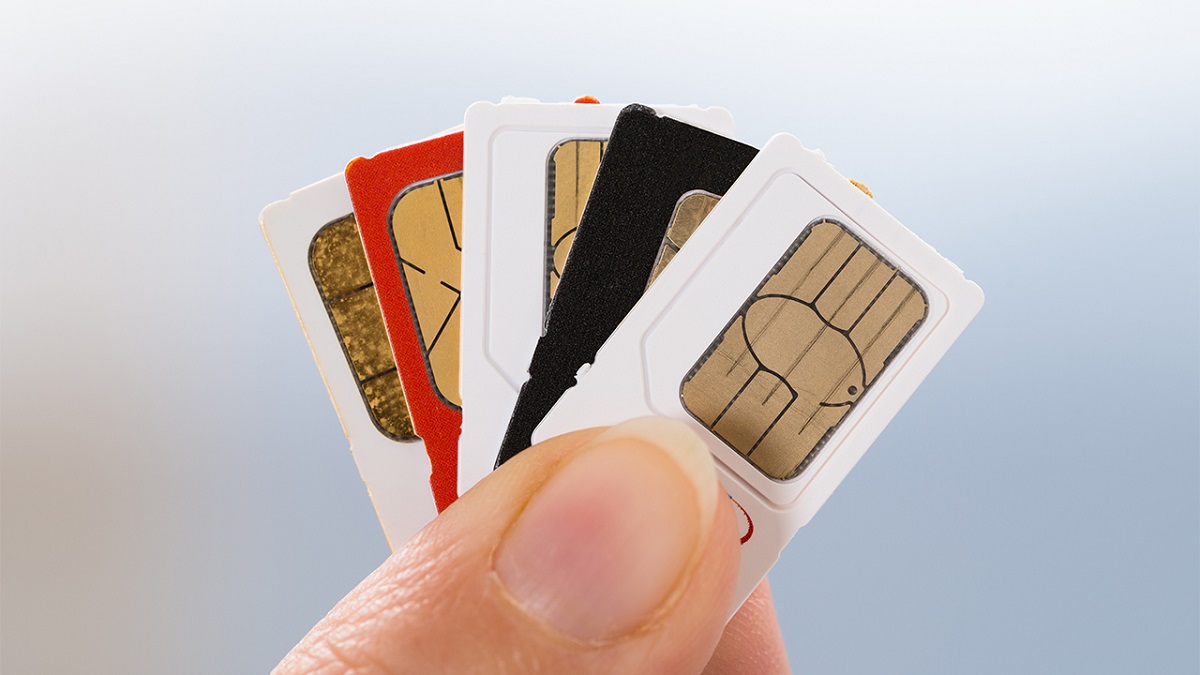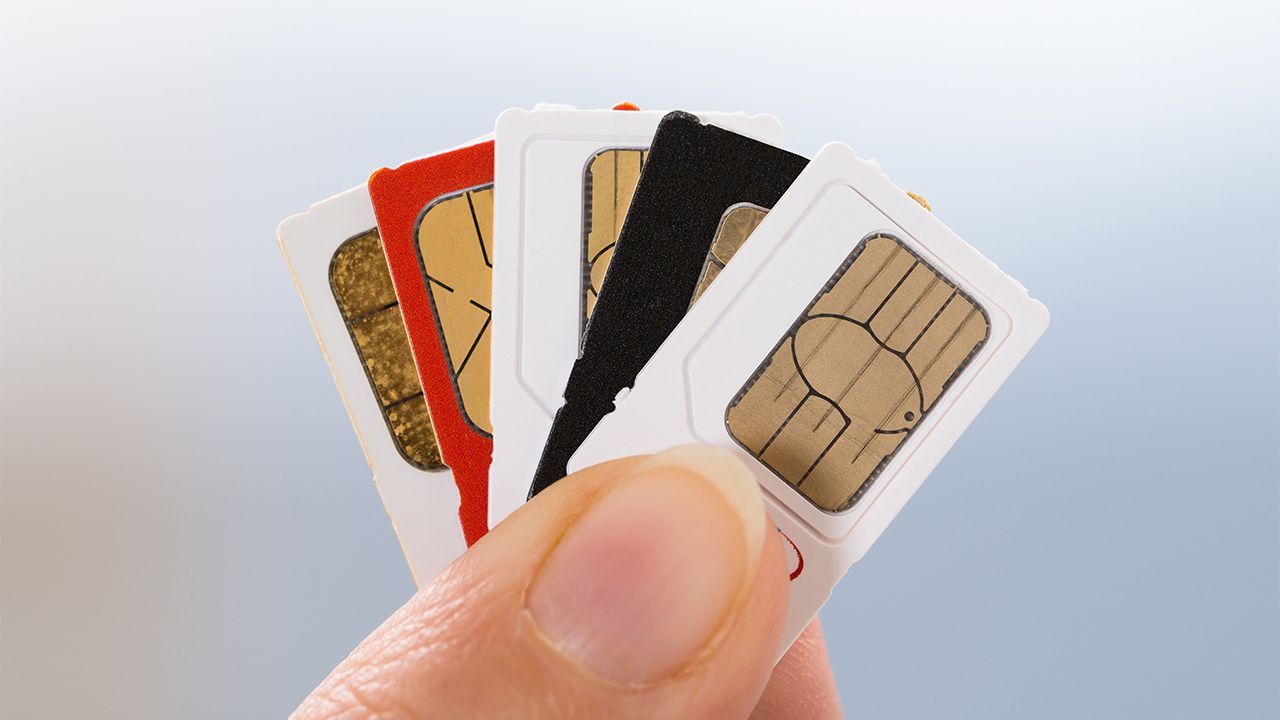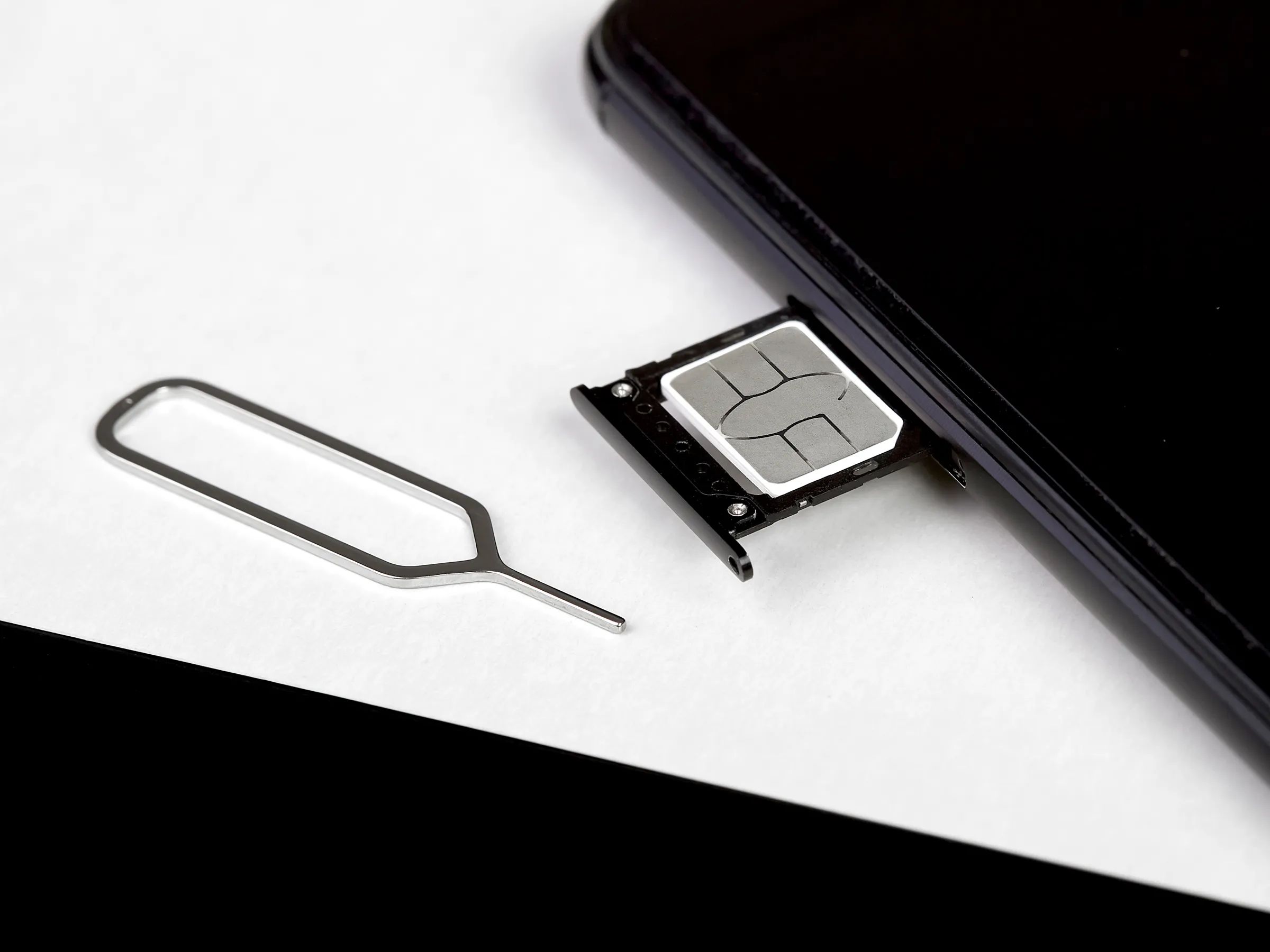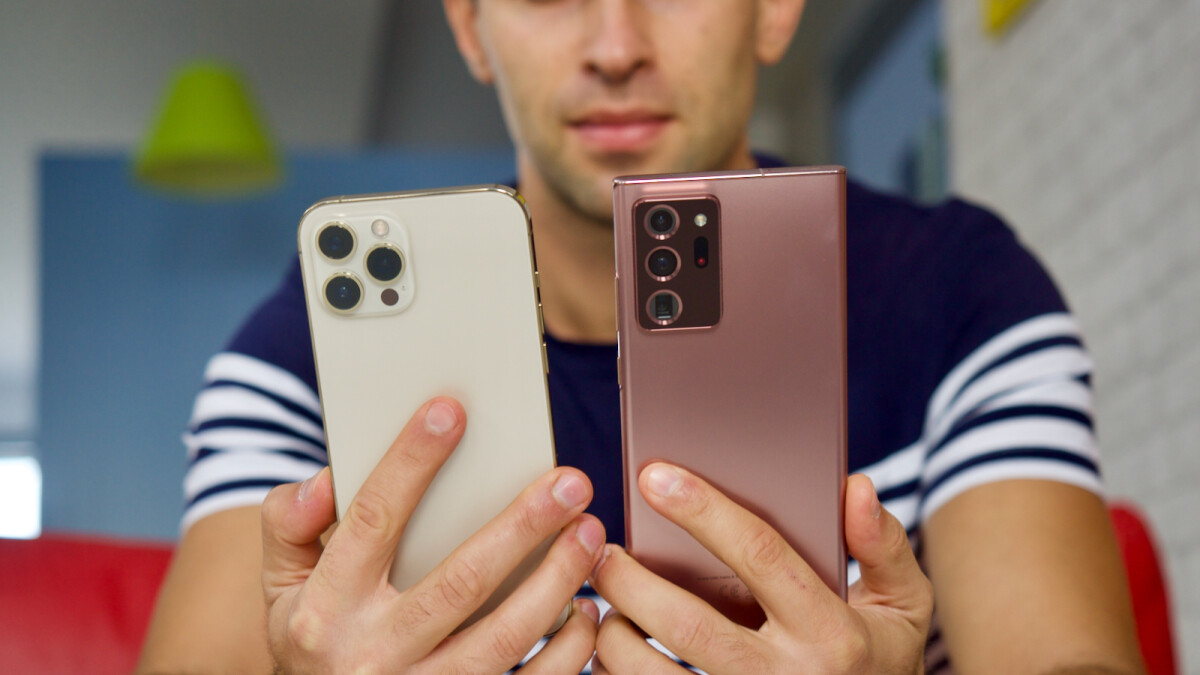Introduction
The world of mobile devices is constantly evolving, with new technologies and innovations shaping the way we communicate, work, and connect with the world around us. As the demand for flexibility and choice continues to grow, the compatibility and usage of T-Mobile SIM cards in Verizon phones have become a topic of interest for many users. Understanding the intricacies of this compatibility can empower users to make informed decisions when it comes to their mobile devices.
In this article, we will delve into the compatibility of T-Mobile SIM cards in Verizon phones and explore the usage of T-Mobile SIM cards in Verizon devices. By shedding light on this subject, we aim to provide clarity and insights that can help users navigate the dynamic landscape of mobile connectivity. Whether you're a tech enthusiast, a seasoned mobile user, or someone exploring new possibilities, this exploration of T-Mobile SIM card compatibility in Verizon phones is designed to equip you with valuable knowledge and understanding.
Let's embark on this journey to unravel the intricacies of using T-Mobile SIM cards in Verizon phones, and discover the possibilities and considerations that come into play when bridging these two mobile ecosystems.
Compatibility of T-Mobile SIM Card in Verizon Phone
The compatibility of T-Mobile SIM cards in Verizon phones is a subject that garners significant attention in the realm of mobile devices. As users seek greater flexibility and options for their devices, understanding the nuances of this compatibility becomes crucial. At the core of this discussion lies the technical and logistical aspects that determine whether a T-Mobile SIM card can function effectively in a Verizon phone.
Verizon and T-Mobile operate on different network technologies, with Verizon traditionally utilizing CDMA (Code Division Multiple Access) and T-Mobile employing GSM (Global System for Mobile Communications). Historically, this dichotomy in network technologies has posed challenges for cross-compatibility between the two carriers. However, with the evolution of mobile technologies and the widespread adoption of 4G LTE (Long-Term Evolution), the landscape of compatibility has witnessed notable shifts.
The advent of 4G LTE has played a pivotal role in fostering interoperability between T-Mobile and Verizon devices. As 4G LTE has become the predominant standard for high-speed wireless communication, both carriers have made strides in ensuring that their devices are equipped to leverage this technology. Consequently, many modern smartphones, including those offered by Verizon and T-Mobile, are designed to be compatible with 4G LTE networks, regardless of the carrier.
In the context of SIM card compatibility, the prevalence of 4G LTE has facilitated a more seamless experience for users looking to use a T-Mobile SIM card in a Verizon phone. Since 4G LTE operates on a standardized platform, the technical barriers that once impeded cross-carrier compatibility have been mitigated to a considerable extent. This means that, in many cases, a T-Mobile SIM card can be inserted into a Verizon phone, and the device can successfully connect to T-Mobile's network, provided that the phone is unlocked and supports the necessary frequency bands.
It's important to note that while 4G LTE has bridged the gap in compatibility to a significant degree, there are still certain considerations to bear in mind. For instance, the specific model of the Verizon phone and its hardware capabilities play a pivotal role in determining the extent of compatibility with T-Mobile's network. Additionally, the process of unlocking a Verizon phone to enable it to accept SIM cards from other carriers is a crucial step in ensuring successful compatibility.
In essence, the compatibility of T-Mobile SIM cards in Verizon phones has been positively influenced by the widespread adoption of 4G LTE and the concerted efforts of carriers to streamline interoperability. While certain technical and logistical factors come into play, the overarching trend points toward a more harmonious coexistence between T-Mobile and Verizon devices, offering users greater flexibility and choice in their mobile connectivity.
As we continue to witness advancements in mobile technologies and the ongoing evolution of network standards, the landscape of compatibility between T-Mobile and Verizon devices is poised to undergo further refinements, opening up new possibilities for users seeking a seamless and versatile mobile experience.
Usage of T-Mobile SIM Card in Verizon Phone
The usage of a T-Mobile SIM card in a Verizon phone represents a significant opportunity for users to leverage the strengths of both carriers, unlocking a new realm of flexibility and choice in their mobile connectivity. With the compatibility landscape evolving and the technical barriers being mitigated to a considerable extent, the usage of T-Mobile SIM cards in Verizon phones has become a viable option for users seeking to explore new horizons in mobile connectivity.
When it comes to using a T-Mobile SIM card in a Verizon phone, several key considerations come into play. The first and foremost aspect is ensuring that the Verizon phone is unlocked, a crucial step that enables the device to accept SIM cards from other carriers. Unlocking a phone can be facilitated through various methods, including contacting the carrier or utilizing third-party services, and it empowers users to transcend the limitations of carrier-specific devices.
Once the Verizon phone is unlocked, the process of inserting a T-Mobile SIM card is relatively straightforward. Users can remove the existing Verizon SIM card from the phone and replace it with the T-Mobile SIM card. After this transition, the phone can be powered on, and the device will prompt for the necessary setup and activation steps to connect to T-Mobile's network.
It's important to note that the successful usage of a T-Mobile SIM card in a Verizon phone hinges on the device's compatibility with T-Mobile's network frequencies. While 4G LTE has significantly streamlined cross-carrier compatibility, ensuring that the Verizon phone supports the relevant frequency bands utilized by T-Mobile is essential for a seamless and optimal user experience.
Once the T-Mobile SIM card is inserted and the necessary setup steps are completed, the Verizon phone can effectively operate on T-Mobile's network, enabling users to make calls, send messages, and access mobile data using their T-Mobile service. This newfound interoperability empowers users to harness the strengths of T-Mobile's network while retaining the familiarity and features of their Verizon device.
In essence, the usage of a T-Mobile SIM card in a Verizon phone embodies the convergence of technological advancements and user-centric flexibility. As the boundaries between carriers become more permeable, users are presented with expanded possibilities to tailor their mobile experience according to their preferences and needs.
As the mobile landscape continues to evolve, the usage of T-Mobile SIM cards in Verizon phones exemplifies the spirit of innovation and adaptability, ushering in a new era of seamless connectivity and choice for users across diverse mobile ecosystems.
Conclusion
In conclusion, the compatibility and usage of T-Mobile SIM cards in Verizon phones represent a compelling intersection of technological advancements, user empowerment, and the evolving landscape of mobile connectivity. The dynamic interplay between carrier-specific networks, the prevalence of 4G LTE, and the growing emphasis on user flexibility has reshaped the traditional boundaries of mobile device compatibility, offering users newfound opportunities to tailor their mobile experience according to their preferences and needs.
The compatibility of T-Mobile SIM cards in Verizon phones has been notably influenced by the widespread adoption of 4G LTE, which has mitigated technical barriers and fostered a more harmonious coexistence between the two carriers. While certain considerations regarding device compatibility and unlocking procedures persist, the overarching trend points toward a more seamless and versatile cross-carrier compatibility, providing users with greater freedom to choose their preferred carrier without being constrained by device limitations.
The usage of a T-Mobile SIM card in a Verizon phone underscores the convergence of technological innovation and user-centric flexibility. By unlocking the potential for cross-carrier interoperability, users are empowered to harness the strengths of both carriers, accessing a broader spectrum of network coverage and services while retaining the familiarity and features of their Verizon device. This newfound interoperability embodies the spirit of adaptability and choice, aligning with the evolving expectations of users in an increasingly connected world.
As we look toward the future, the ongoing evolution of mobile technologies and network standards is poised to further refine the compatibility and usage of T-Mobile SIM cards in Verizon phones, unlocking new horizons for users seeking a seamless and versatile mobile experience. With each advancement and refinement, the boundaries between carriers continue to blur, fostering an environment where users can seamlessly transition between networks, explore new possibilities, and tailor their mobile connectivity according to their preferences and needs.
In essence, the compatibility and usage of T-Mobile SIM cards in Verizon phones epitomize the unfolding narrative of mobile connectivity, where technological innovation converges with user empowerment, offering a tapestry of choices and possibilities. As users navigate this dynamic landscape, they are poised to embark on a journey of discovery, embracing the freedom to shape their mobile experience according to their unique preferences and aspirations.

























